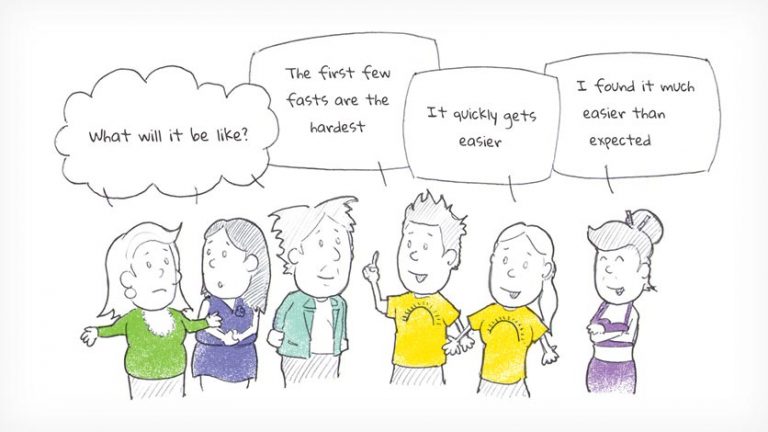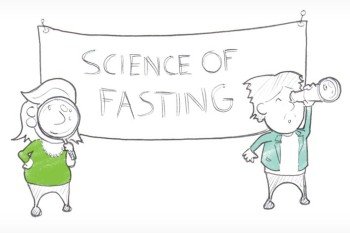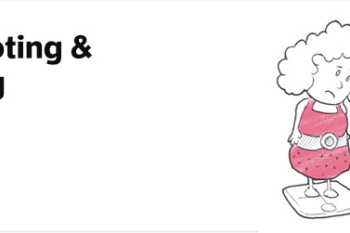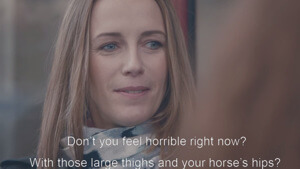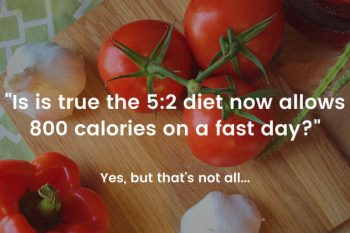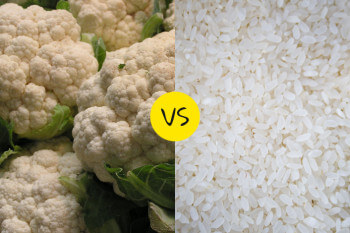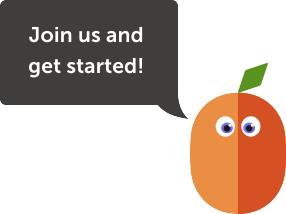The idea of fasting can sound daunting, and your first few fasts will probably be the hardest.
But the good news is that it quickly gets easier. After the first few fasts you learn that hunger is only a fleeting feeling and can soon be quelled with a drink of water, tea or coffee. Our community tell us that they soon find hunger pangs just a mild inconvenience. Once you have got used to it, most fasts will be quite easy and something you may well look forward to.
Our bodies are well-designed to cope without food, whatever your mother might have told you!
No one knows for sure why some people have no problems starting fasting, while others find their first fasts difficult. It may be because of a phenomenon called metabolic inflexibility, which means that the body has become used to having a constant supply of sugar and carbohydrate from our food so that it does not need to access its fat stores. Your body gets out of practice at turning your fat stores into energy. As a result you struggle the first few times you fast, and feel bad. Among low carbohydrate dieters the same effect is called ‘low carb flu’.
Learn more about the science of fasting
The kinds of problems you might experience during your first fasts are:
-
Intense hunger that will come and go throughout the day. Hunger does not build and build, but comes in waves which you will learn to ride out.
-
Headaches are very common in the early days, make sure you are drinking enough and if they are bad, take a pain-killer
-
Light-headedness: a few people have a ‘spaced-out’ or light-headed feeling. Often, all that is needed is a salty drink or food.
-
Feeling very tired, especially mid-afternoon, is because your body has not yet learned to access your fat stores for fuel. A salty drink can help with this too.
-
Becoming short-tempered can be a problem towards the end of the fasting time, especially as the time to eat approaches, planning your food ahead of time can help, and being aware that you may be short-tempered can help you to be calm around your friends and family.
-
Insomnia is common on the night of your first few fasts.
-
Constipation/diarrhoea on the day after your fast may occur as your body reacts to the new way of eating.
Fortunately, we have some tips and tricks that can help reduce or eliminate these problems.
Learn tips and tricks for new fasters
All these problems (should you experience any) will ease really quickly as you do more fasts. If it all gets too much, though, it is absolutely OK to ease yourself into fasting more gently by, for example, allowing yourself more calories or making the fasting time shorter. Each new fast day, cut your calories a little since the last one and/or lengthen the fasting time a little until you are able to complete the fasts according to your chosen method.
You are not alone
Whether you find your first fasts easy or difficult, you are always welcome to visit the FastDay Forum for advice, support, inspiration, recipes or just to chat about fasting.

